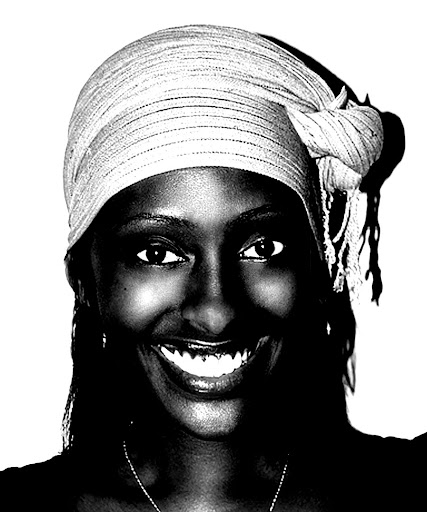Wednesday, April 11, 2007
Is China starting to buckle?
Tuesday, April 10, 2007
An NGO to address leadership issues in Africa
A panel discussion was held on possibilities for sustainable growth in Africa. They discussed if donor countries are meeting their unprecedented commitments for aid and debt relief and what African governments are doing to create the conditions for sustainable growth. Among the panel members were Mbeki (SA), Bill Gates,Tony Blair, Sirleaf (Liberia), Kaberuka (ADB) and Bono. This session of the annual meeting of the World Economic Forum, "The Shifting Power Equation," was titled "Delivering on the Promise of Africa."
It was amazing to me how they all made valuable contributions and Tony Blair ever so modestly brushed on Africa's problem of poor leadership - they call it the "good governance" issue. It doesn't take a rocket scientist to understand that there can be no planning if there is no leadership or direction. Why is there nobody who will address this issue?
Diplomacy in itself has let down the people of Africa in the sense that it comes in the way of addressing the continent's biggest problem – leadership. For example South Africa could have stopped the madness in Zimbabwe by now but its only a few weeks ago that it "took a firm stand against the recent assault of opposition leaders in Zimbabwe".
Amazingly, one individual has shown interest in addressing the issue.Sudanese billionaire Mo Ibrahim (of Celtel fame) created a 5 million USD cash prize for Africa's most effective head of state. Harvard University has the task of measuring and ranking the effectiveness of the African leaders.
Each year the winning leader will, at the end of his term, get $5m (£2.7m) over 10 years and $200,000 (£107,000) each year for life thereafter. "We need to remove corruption and improve governance," Mr Ibrahim said.
Unfortunately, this good billionaire is in the noble fight alone!
Moreover, most corrupt leaders amass a crude amount of wealth and since corruption usually comes with nepotism, there are also extended family beneficiaries. So you see, the pay-off is not even close to offsetting the opportunity cost of not stealing from government coffers. I can almost see one cheeky corrupt president chuckling at the thought! (Think the GWB chuckle!)
Diplomacy itself has let down the people of Africa in the sense that it comes in the way of addressing the continent's biggest problem – leadership. For example South Africa could have stopped the madness in Zimbabwe by now but its only a few weeks ago that it "took a firm stand against the recent assault of opposition leaders in Zimbabwe".
Here is a plan - I would like to start an NGO that advocates for the building of an institution whose primary role is to apply checks and balances on African leaders. This could be under the auspices of the African Union or the United Nations or even independent of these existing organizations.
Just like WTO governs rules of international trade, this institution would set rules for leaders and have the power to bring leaders to task for failing their people in failing to comply with these rules of "good governance". This institution would address issues of corruption, freedom of speech, influence peddling, enforcing term limits etc. It would bring to book those leaders who would otherwise not be tried by their own courts for these crimes.
Of course getting leaders to sign up for membership in such an institution would be an uphill task but this is just a thought and can be built upon by you the reader.
What other roles could this institution play? And what functions could be added to make it palatable enough for African leaders to sign up for membership?
THINK.
